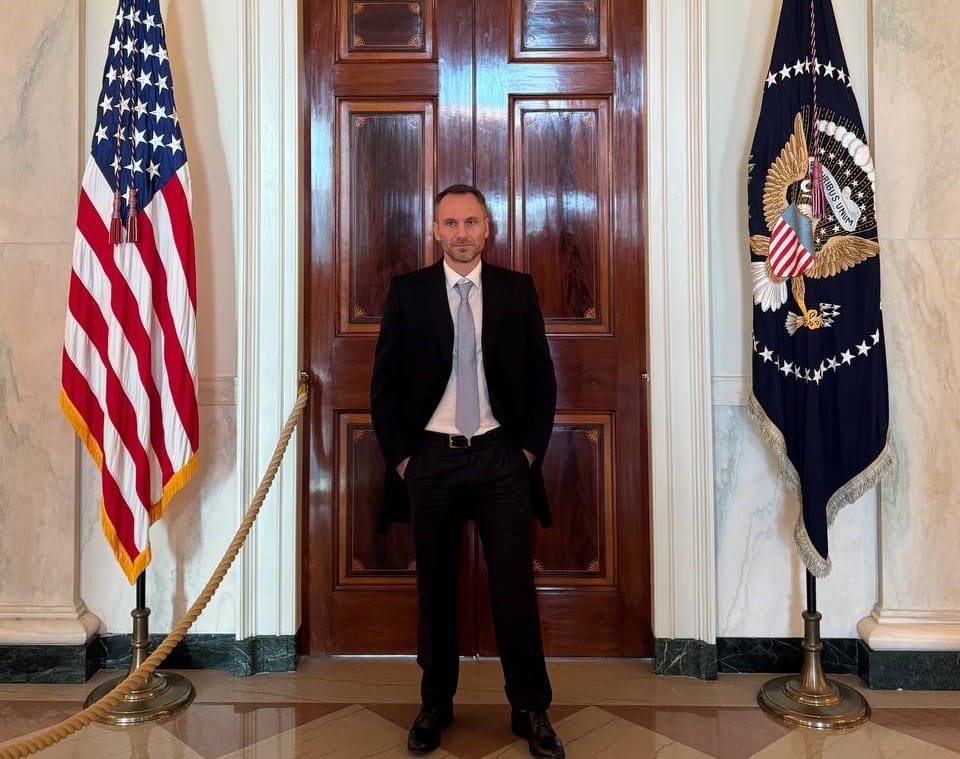Tether Plans U.S. Stablecoin Launch as CEO Strengthens Washington Ties

Tether, the world’s leading stablecoin issuer, is gearing up to introduce a U.S.-based stablecoin as early as this year, signaling a strategic push to deepen its presence in the American market. The move comes as Tether’s CEO, Paolo Ardoino, intensifies efforts to build relationships with U.S. lawmakers and regulators, positioning the company as a cooperative player in the evolving crypto landscape. With a pro-crypto shift gaining momentum under President Donald Trump, Tether’s plans are drawing attention from both supporters and skeptics in Washington.
Ardoino recently confirmed details of the company’s ambitions at the Token2049 conference in Dubai, explaining that the new domestic stablecoin would be distinct from Tether’s existing international offerings. He emphasized that the timeline depends on the finalization of U.S. crypto legislation, with a potential launch by late 2025 or early 2026. This development reflects Tether’s broader strategy to align with American regulatory frameworks while addressing past criticisms about its operations.
Stay In The Loop and Never Miss Important Crypto News
Sign up and be the first to know when we publishNavigating Regulation and Reputation
Tether’s expansion plans follow a period of scrutiny, including a 2021 settlement with the New York attorney general, where the company paid $18.5 million to resolve allegations of misrepresenting its reserves. Since then, Tether has worked to bolster transparency, publishing regular attestation reports and amassing approximately $120 billion in U.S. Treasuries, managed by Wall Street firm Cantor Fitzgerald. Ardoino has highlighted the company’s financial strength, noting that Tether holds $7 billion in excess equity, a figure he claims sets a high standard for stability in the crypto sector. The latest quarterly audit confirmed that Tether’s assets exceed its liabilities by nearly $5.6 billion, reinforcing its position as a well-capitalized entity.
Ardoino’s recent outreach in Washington has included private meetings with lawmakers and high-profile events, such as a Capitol Hill lunch with Senator Bill Hagerty. These efforts aim to reshape Tether’s image from a controversial player to a partner in combating illicit finance. The CEO has stressed Tether’s collaboration with law enforcement, claiming the company’s tools surpass those of traditional financial institutions in preventing criminal activity. However, some critics argue that Tether’s influence may be shaping legislation like the GOP-backed GENIUS Act, which includes provisions potentially favorable to foreign stablecoin issuers like Tether.

Tether’s partnership with Cantor Fitzgerald, now led by the sons of U.S. Commerce Secretary Howard Lutnick, has also sparked questions about potential conflicts of interest. Ardoino addressed these concerns by noting that appropriate boundaries are in place to maintain professionalism, while emphasizing Tether’s growing network of relationships in the U.S. capital. This network is critical as Tether navigates a competitive landscape, with new players like World Liberty Financial, backed by Eric and Donald Trump Jr., announcing plans for a U.S. dollar-backed stablecoin.
The timing of Tether’s U.S. expansion aligns with a broader shift in the crypto industry, as regulatory clarity becomes a priority for lawmakers. By launching a domestic stablecoin, Tether aims to strengthen its foothold in the U.S. market while demonstrating compliance with emerging rules. Ardoino’s proactive engagement with policymakers suggests the company is preparing for a future where stablecoins play a central role in digital finance. As Tether balances its global dominance with its American ambitions, its ability to maintain transparency and regulatory goodwill will be key to its success.
With nearly $120 billion in reserves and a robust financial foundation, Tether is positioning itself as a leader in the stablecoin space. Yet, its history and high-profile partnerships continue to invite scrutiny, making its Washington outreach both a strategic necessity and a delicate balancing act. As the U.S. crypto market evolves, Tether’s next steps will likely set a precedent for how global issuers adapt to local regulations. For now, the company’s focus remains on launching its U.S. stablecoin and solidifying its reputation as a trusted player in the crypto space.

